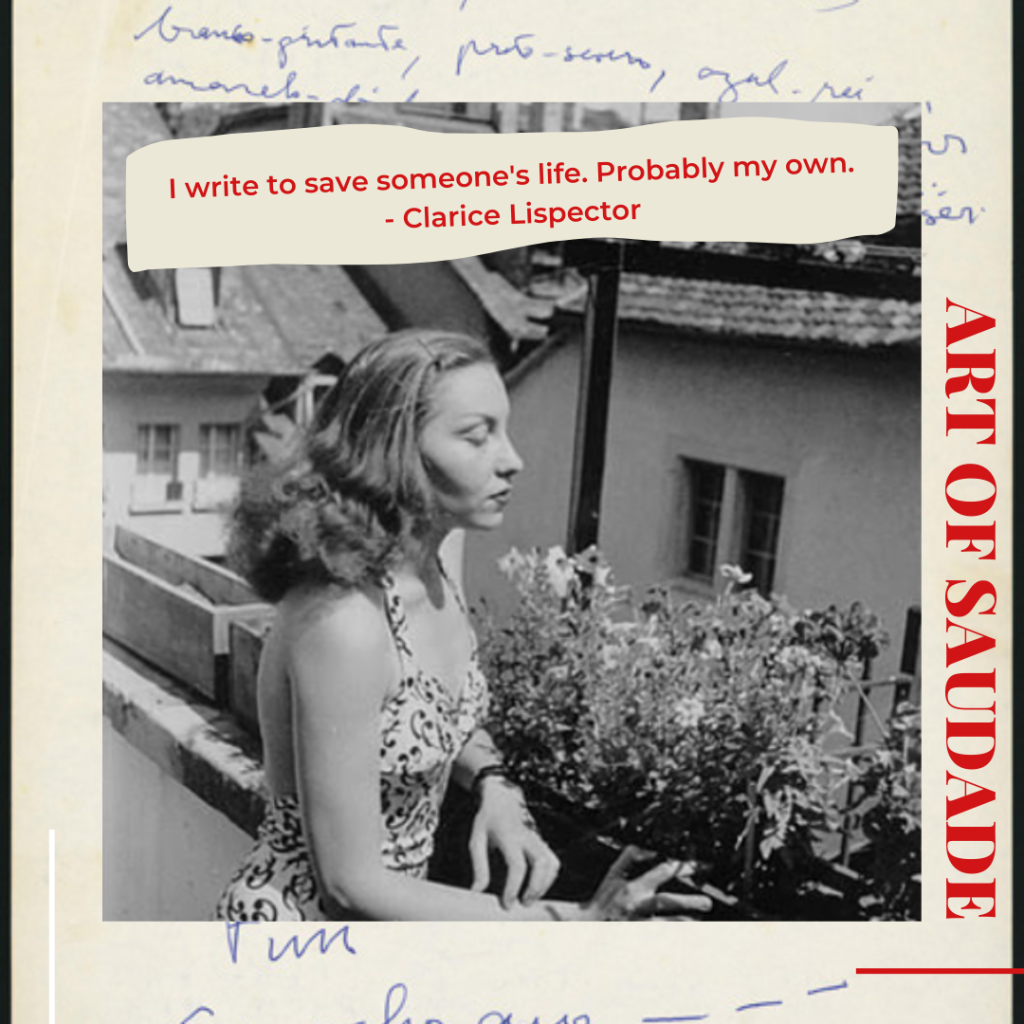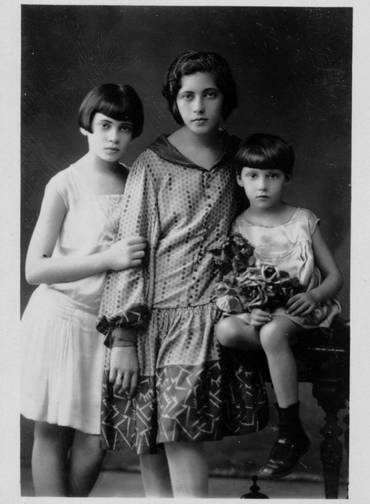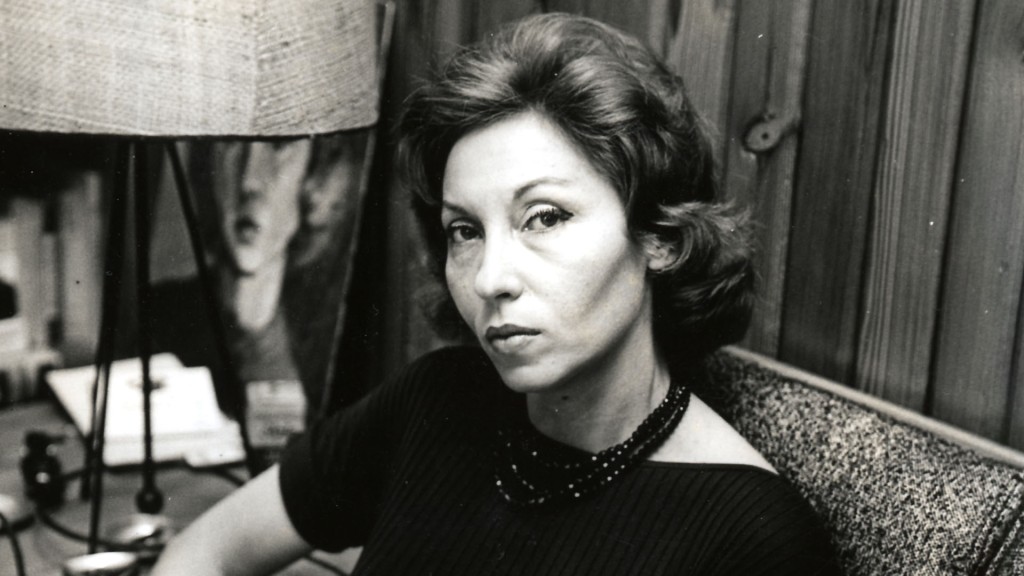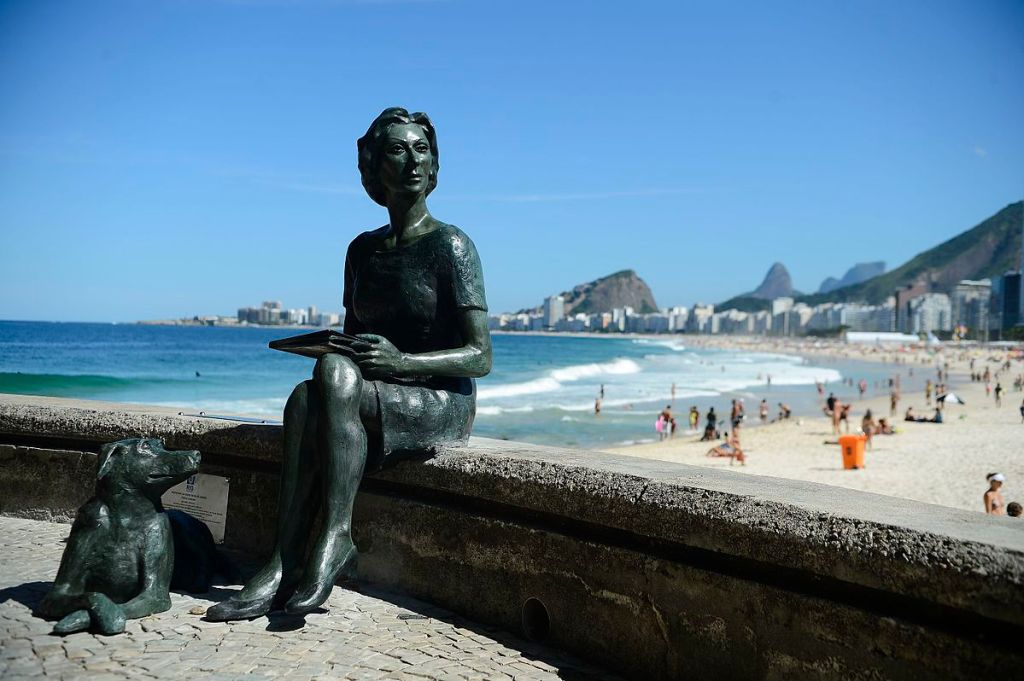1920. The Jewish-Ukrainian family Lispector welcomed their third baby, a healthy baby girl that they decided to name Chaya, the Hebrew word for ‘Life’.
Little did they know that this little girl was going to become one of the greatest writers on the other side of the world.

1922. Clarice is a little more than a year old when their parents decide to leave.
Where? They don’t know. All they know is that they need to leave to preserve their lives.

Image by Personal Archive, Source: Folha de São Paulo, 10 December 2015
As a Jewish family living in Ukraine, they were the first to suffer from the violent riots called pogrom, 19th and 20th-century attacks on Jews that occurred in Eastern Europe.
“I literally never set foot there: I was carried.”
The little Chaya will never set foot on her native land. The Lispector family managed to flee to the northeastern city of Maceió, Alagoas. Three years later, they moved to Recife where they continued to struggle economically. At the age of 8, Chaya, from now on called Clarice, lost her beloved mother and started to look for an answer to her deepest existential questions. Inspired by Hesse’s Steppenwolf, Lispector finally found her way of salvation through literature.
“Life is always frightful. We cannot help it and we are responsible all the same. One’s born and at once one is guilty.”
– Hermann Hesse, Steppenwolf
“So long as I have questions to which there are no answers, I shall go on writing.”
She came into contact with the greatest writers of Brazil while she was working as a journalist for the newspaper A Noite. In 1943, she published her first novel ‘Near to the Wild Heart’, in the style of Virginia Woolf’s stream-of-consciousness stories. The book became such a success that the poet Lêdo Ivo called it “the greatest novel a woman has ever written in the Portuguese language.”
“I only achieve simplicity with enormous effort”

Her style is extremely dark, influenced by sad memories of her family’s misfortune. One can easily sense the nihilism in her words.
“I write as if to save somebody’s life. Probably my own.
Life is a kind of madness that death makes. Long live the dead because we live in them.”
Clarice kept writing as a way to survive. Her book Family Ties was described by the Brazilian writer Érico Veríssimo as the most important story collection published in Brazil since Machado de Assis (one of Brazil’s greatest classic authors).
In her last book, The Hour of The Star, published shortly before her death, she implicitly narrated her own story, as well as the story of the vulnerable and the marginalized people of our society.
The little Chaya still lives. Her only refuge was literature. She is present in the words that Clarice gifted to humanity. Clarice saved Chaya’s life.



2 thoughts on “From a Ukrainian Refugee to a Brazilian Writer: Clarice Lispector | Art of Saudade”